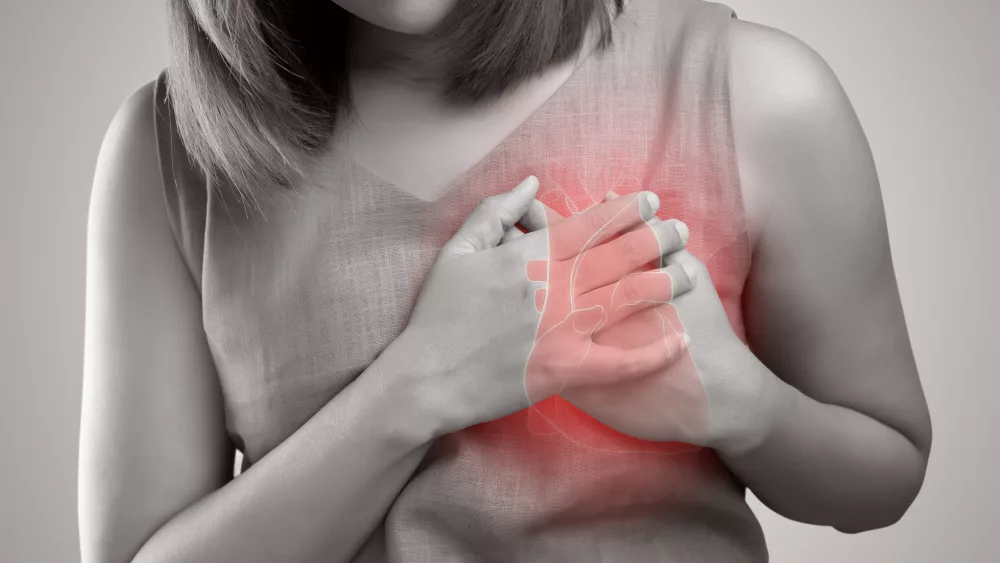
What if you had to make a spur-of-the-moment visit to the emergency room today?
Or, what if you had to take your spouse, your child or an elderly parent to the hospital? The doctors taking care of you or your family member in the ER, or at the bedside, need key information quickly in to begin treatment. Could you give them all the information they need? In times of a medical emergency, or for a non-routine exam, it’s easy to get flustered when trying to remember your medical history, let alone someone else’s information. This is especially important when it comes to your medication list or drug allergies, when the lack of current information could be life-threatening. Your personal medical history should be one of your highest priorities and preserving it is one of your most valuable pieces of information.
Thanks to technology this information is now readily available. In just the last few years, we have evolved from having patients laboriously filling out questionnaires on clipboards, as they wait to see the doctor, to your provider having the capacity to access your medical information via a laptop or desktop computer in moments during an office visit. Though filling out forms is still required for most patients new to a medical practice, this, too, may change.
Someday, your medical history, including imaging results, lab tests, medications, past illnesses, and even your medical conditions, will likely be instantly available to healthcare providers through the wonders of technology: body scanning, fingerprint or eye recognition tools, or via a reader placed on your forehead, like those that can quickly detect a fever.
For now, although our medical history is available at the doctor’s office or through online patient portals, having our medical history at hand is also a good idea. As a primary-care physician, I always love it when my patients have their updated medication lists and medical history. It shows me not only are they prepared for the visit, but that they will also likely be more engaged with their healthcare team.
At this point, not all medical records from other facilities communicate with each other. Someday, hopefully, this may change. There is also the chance that information was incorrectly, or unintentionally entered online. Unfortunately, that information will continue forward in your chart until you, or someone else, corrects it.
Today, with computers or handheld devices, the information is available at our fingertips. You can create folders for yourself or for each member of your family with basic medical history, current data on insurance, medications or results. For those who prefer to keep records online, a personal digital medical record is a natural tool. For those who aren’t comfortable keeping personal information online, or if you’re looking for a more tangible way to keep track of medical information, a notebook may be the answer. Either provides a valuable source of data should the need arise, perhaps suddenly as we are seeing with the coronavirus. Having your personal medical information organized is one way to ensure we have some order in our lives. (I’m also a fan of a wallet-sized note card that has current medications and drug allergies that you can easily carry with you at all times.)
Whether you choose to record your information on digital files, or in a notebook or binder, include as many details as you can about your medical history. Your list should include: diagnoses, allergies, procedures, surgeries; blood type; immunization records; medications; current issues you’re discussing with your doctor; names of all the providers you see; emergency contacts; your preferred hospital; and insurance information.
Having this information on your smart phone, right at your fingertips, is a good idea since most of us carry one, but remember, have your password well memorized, or easily available to you or someone else who may need to access information on your behalf. If you choose a notebook, put it in an easily accessible place in your home to take to medical appointments, or to use in case of an emergency.
Your medical history is the most valuable asset you have, and it could be life saving in an emergency situation. Take the time to put it in good working order.
Elizabeth H. Lowe, MD, specializes in internal medicine and is board certified in both internal medicine and pediatrics. A graduate of Chicago Medical School, she completed her residency and internship at Loyola University of Chicago. She is affiliated with the MarinHealth Medical Network, and can be reached at (415) 795-7000.



